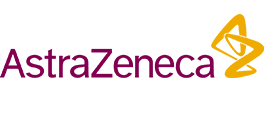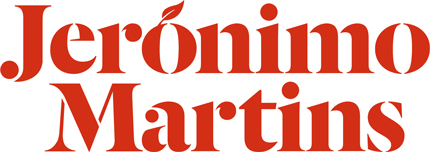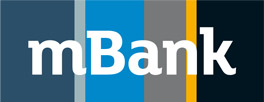
President of the Bank’s Management Board, Bank Pekao S.A.

Chief Economist, PKN Orlen

Head of Corporate Communication and External Affairs, Mercedes-Benz Polska

Managing Partner, Domański Zakrzewski Palinka

Chairman of the Board of Directors, American Chamber of Commerce, Warsaw

Head of PA and Comms, Łukaszewicz & Partners

Former Senior Regional Resident Representative for Central and Eastern Europe, International Monetary Fund

Senior External Affairs Officer, World Bank

Head of Regulatory Affairs, T-Mobile
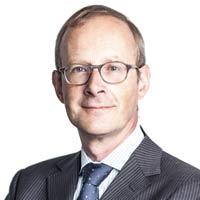
Former CEO, Wyborowa Pernod Ricard
We view the economic sector as a whole and individual manufacturing industries. Our analysts follow events and changes in key production branches, infrastructure and transport.
We track:
- greenfield investments
- road, rail and aviation projects
- the progress of industry 4.0
Our analysts monitor Poland’s defence policy and military procurement, along with the security environment and the geopolitical situation in Europe and the world.
We track:
- army modernisation programmes
- organisational changes in the armed forces
- NATO plans and activities in Central Europe
We track all new legislation coming out of Poland’s government. Our analysts review draft laws at the ministerial stage and follow amendments on the way through parliament.
We track:
- new acts and their impact on industries
- regulatory policy
- tax-related changes
We monitor the political situation in Poland taking into account power relations, policy-making, institutional dynamics and personal ambitions of key players.
We track:
- the ruling camp’s actions, rationale and aims
- the opposition’s strategy and potential
- shifts in support and voters’ attitudes
We observe the Polish banking and insurance sector with a focus on changes in ownership, the shifting regulatory environment and technological disruptions.
We track:
- the impact of EU regulations on Polish financial institutions
- the nascent fintech sector and advances in robotic process automation
- opportunities and risks for financial institutions
We confront Poland’s energy policy with global trends, such as decarbonisation, the development of renewables and e-mobility.
We track:
- the state of Polish energy companies
- plans for Baltic Pipe and Poland’s first nuclear power plant
- the impact of EU regulations on Poland’s energy sector
We follow Poland’s new economy and the digitisation of traditional sectors. Our focus is on innovative start-ups, applications of new technologies and trends in digital consumption.
We track:
- Poland’s telecoms
- the start-up ecosystem
- the cybersecurity environment
We are the only institution in Poland to thoroughly monitor the EU’s evolving policies, assessing their impact on sectors of the Polish economy early on.
We track:
- new regulatory and legislative initiatives
- the competition of national interests in the EU
- Polish authorities’ actions in Brussels
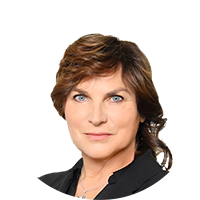
22 451 61 06
We care about your privacy. Your personal data is administered by Polityka Insight Sp. z o.o. with its registered office in Warsaw (02-309), 6 Słupecka Street.
The data will be processed in order to provide you with access to the selected analytical service of Polityka Insight (the basis for data processing is Article 6(1)(a) of GDPR), as well as in order to send you commercial or marketing information of the data administrator by e-mail (the basis for data processing is Article 6(1)(f) of GDPR - the data administrator's legitimate interest in the form of direct marketing of own products and services).
You have the right to access, correct, delete or limit the processing of your data, the right to object to the processing and the right to transfer your data. Providing data is voluntary, but necessary to make contact with you. If you believe that your data are being processed in violation of the law, you may lodge a complaint with the supervisory authority, which is the President of the Office for the Protection of Personal Data. You may revoke your consent to the sending of commercial communications by electronic means of communication at any time by writing to kontakt@politykainsight.pl.
Your data may be transferred to entities providing technical, IT, legal or accounting services to the administrator. Your data will be stored for the period necessary for contacting you. Additional information related to the processing of personal data can be found in your privacy policy.



